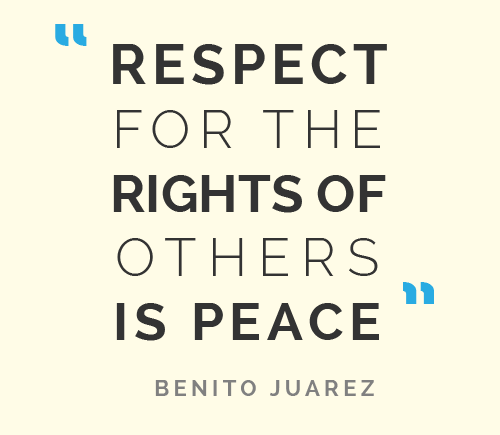Robarchek, Clayton A. and Carole J. Robarchek. 1998. “Reciprocities and Realities: World Views, Peacefulness, and Violence among Semai and Waorani” Aggressive Behavior 24:123-133
Implicit in all social relations, including those involving material transactions, are conceptions of reality that include fundamental assumptions about the nature of human beings, the relationships among them, and the world around them. This article examines economic exchange and reciprocity in two societies that are very similar in their ecological contexts, modes of subsistence, technologies, and social organizations but at opposite extremes in their attitudes toward violence. They are the Semai of Malaysia, one of the most peaceful societies known, and the Waorani of Amazonian Ecuador, the most violent society yet described.
Comparison of the norms of exchange in these two societies reveals two very different views of the world: The Semai see themselves as helpless in a hostile world that is beyond their control and the Waorani see themselves as self-reliant and capable in a world that they feel fully competent to control. Understanding these culturally constructed realities as they are embodied in Semai and Waorani exchange (and in other areas of life as well, of course) contributes to an understanding of the character of sociality generally in these two societies, including their diametrically opposed dispositions toward violence in human relations. (journal abstract)
We appreciate the permission to copy this article for the Peaceful Societies Website granted by Prof. Robarchek. It is reproduced with permission of John Wiley & Sons, Inc. The article, in PDF format, is 49.3 KB in size.
